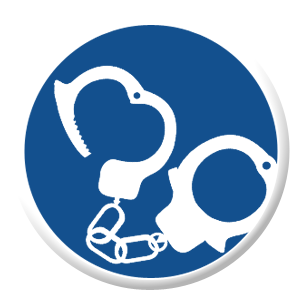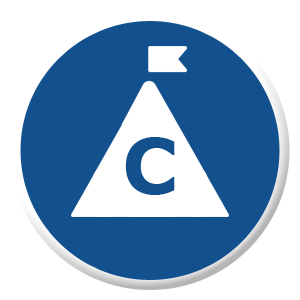Het arrangement Theme Crime and justice - tto123 is gemaakt met Wikiwijs van Kennisnet. Wikiwijs is hét onderwijsplatform waar je leermiddelen zoekt, maakt en deelt.
- Auteur
- Laatst gewijzigd
- 11-05-2025 09:41:09
- Licentie
-
Dit lesmateriaal is gepubliceerd onder de Creative Commons Naamsvermelding-GelijkDelen 4.0 Internationale licentie. Dit houdt in dat je onder de voorwaarde van naamsvermelding en publicatie onder dezelfde licentie vrij bent om:
- het werk te delen - te kopiëren, te verspreiden en door te geven via elk medium of bestandsformaat
- het werk te bewerken - te remixen, te veranderen en afgeleide werken te maken
- voor alle doeleinden, inclusief commerciële doeleinden.
Meer informatie over de CC Naamsvermelding-GelijkDelen 4.0 Internationale licentie.
Aanvullende informatie over dit lesmateriaal
Van dit lesmateriaal is de volgende aanvullende informatie beschikbaar:
- Toelichting
- Dit thema valt onder de arrangeerbare leerlijn van de Stercollectie voor Engels voor tweetalig onderwijs, leerjaar 1, 2 en 3. Dit is thema 3 'Crime and justice'. Het thema omvat de volgende onderwerpen: Young criminals, Violence, Punishment en Victims. In de grammaticaopdrachten wordt er geoefend met 'the passive voice' (lijdende vorm).
- Leerniveau
- VWO 2; HAVO 1; VWO 1; HAVO 3; VWO 3; HAVO 2;
- Leerinhoud en doelen
- Engels;
- Eindgebruiker
- leerling/student
- Moeilijkheidsgraad
- gemiddeld
- Studiebelasting
- 1 uur 40 minuten
- Trefwoorden
- arrangeerbaar, crime and justice, engels, passive voice, punishment, stercollectie, tto123, victims, violence, young criminals
Gebruikte Wikiwijs Arrangementen
VO-content Engels. (2020).
Thema Crime and justice - hv3
https://maken.wikiwijs.nl/151277/Thema_Crime_and_justice___hv3

 Welcome to the next theme of English
Welcome to the next theme of English
 In this theme you will focus on the following 'can do' statements.
In this theme you will focus on the following 'can do' statements.
 Below are the four lessons that belong to this topic.
Below are the four lessons that belong to this topic.






 Teenage hackers
Teenage hackers Welcome to the final test of the theme: 'Crime and justice'.
Welcome to the final test of the theme: 'Crime and justice'. At the end of each period, you answered evaluation questions. Use these answers to answer the following questions:
At the end of each period, you answered evaluation questions. Use these answers to answer the following questions: